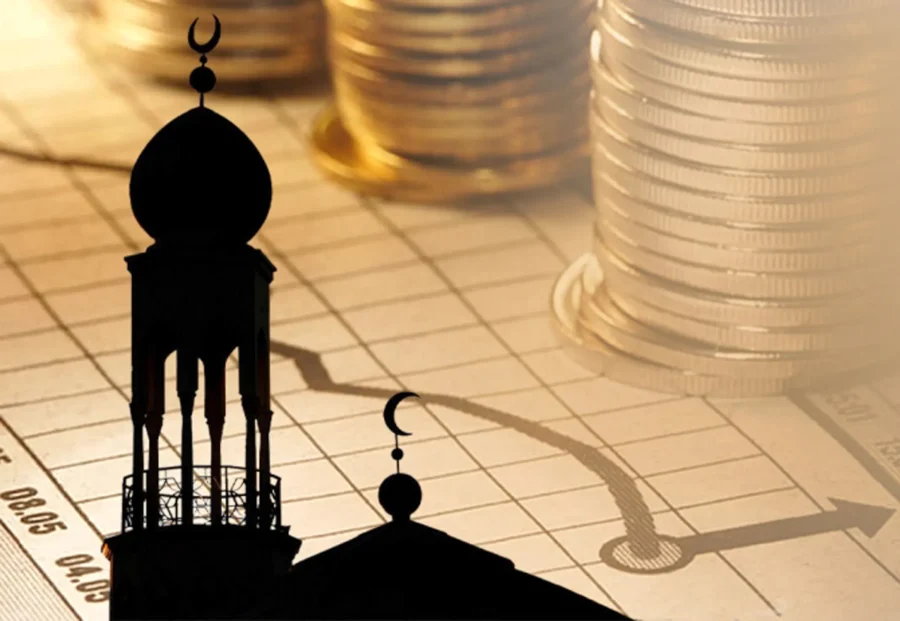The liquidity crisis in Islamic banks have arisen due to structural problems, Bangladesh Bank Governor Abdur Rouf Talukder said.
Responding to reporters at the Bangladesh Bank following the release of the monetary policy statement, he said like Islami Bank, other similar banks also had the same problem.
Such banks could not invest in regular treasury bill bonds and relied mainly upon loans. Other banks, however, had various other tools they could benefit from. The Business Standard Google News Keep updated, follow The Business Standard’s Google news channel
He, however, said the Islamic banks had been able to overcome the crisis due to various policy support provided to them. On 31 December, the Bangladesh Bank lent Tk22,000 crore to seven banks facing liquidity crisis, including the Islami Bank.
As per banking norms, conventional banks are required to maintain 13% percent of deposits as Statutory Liquidity Ratio (SLR). On the other hand, they can invest in bonds and earn profits from them.
However, in the case of Islamic banks, the SLR is only 5.5% as those don’t have many tools to invest in money bonds.
The tool for them is the Sukuk bond, which allows for very small investments. In case of liquidity crunch, non-Islamic scheduled banks can take liquidity facilities from the central bank through investing in various securities.
The governor, however, said this kind of advantage was also not much for Islamic banks.
“So Islamic banks usually have to invest the entire amount for loans. It is not possible to meet the demand of depositors by withdrawing investments even if they want to in a crisis.”
Asked if he was scared of taking any action against the Islami Bank, the government said he was not afraid of losing his chair. “I was a secretary [of the finance ministry] for over a year. Now I am a governor on a contractual basis. I can quit my job if I want.”
Regarding the weakness of the financial sector, he said, “We had already identified the weak banks. No bank has been closed in the country’s 52-year history, nor will it be. But it takes time to overcome the weaknesses. They have not turned to evil and will overcome weakness.”
Bangladesh Bank’s Chief Economist Dr Habibur Rahman in a presentation today said in the last one year, the excess liquidity of Islamic banks had decreased.
He said in June 2022, excess liquidity in Islamic banks was Tk15,970 crore, which fell to Tk183 crore in November 2023.— TBS News










